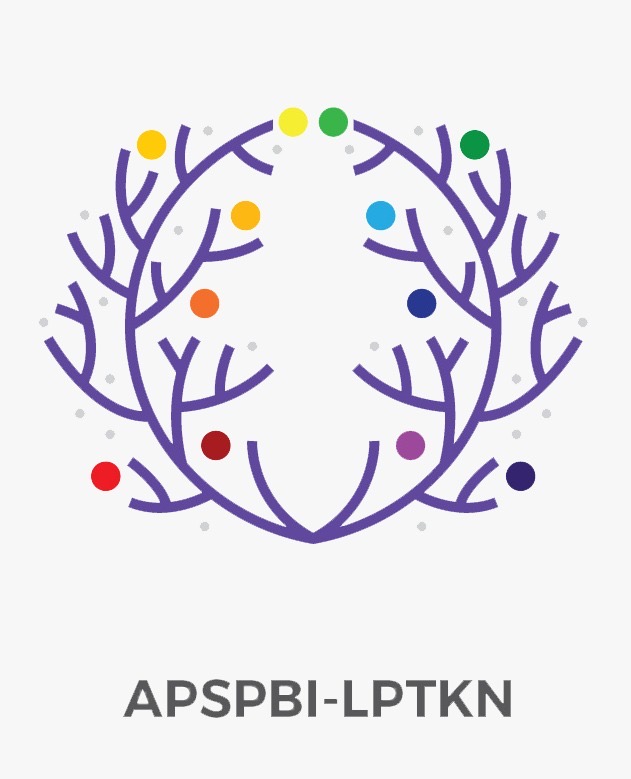AN ANALYSIS OF FORMATIVE AND SUMMATIVE ASSESSMENT BY ENGLISH FOREIGN LANGUAGE EFL TEACHER
Keywords:
Summative, Formative, AssessmentAbstract
This article discusses the significance of assessment in English language education and its role in improving learning quality and student motivation The implementation of formative and summative assessments is explored highlighting their differences and benefits The article emphasizes the importance of understanding and employing these assessment types particularly for English as a Foreign Language EFL teachers The findings and discussion section delves into the implementation of formative and summative assessments in English classrooms including strategies employed and their effects on student learning The conclusion underscores the significance of both assessment types in English language education emphasizing their ability to provide valuable insights into student progress tailor instruction and foster an engaging learning environment The article concludes by emphasizing the importance of recognizing the purpose and applicability of formative and summative assessments and their role in enhancing student learning outcomes< em>< p>
Downloads
References
Adinda A H Siahaan H E Raihani I F Aprida N Fitri N Suryanda A 2021 Penilaian Sumatif dan Penilaian Formatif Pembelajaran Online Report Of Biology Education 2 1 1 10 https: doi org https: doi org 10 37150 rebion v2i1 1024
Anisah G 2022 Kerangka Konsep Assessment of Learning Assessment for Learning Dan Assessment As Learning Serta Penerapannya Pada Pembelajaran Al Aufa: Jurnal Pendidikan Dan Kajian Keislaman 3 2 65 76 https: doi org 10 32665 alaufa v3i2 1201
Aprianti F 2017 Efl Teachers Perceptions on Ict Use for Continuing Professional Development Journal of English Language Teaching and Technology 1 1 12 21 https: ejournal upi edu index php ELTTech article view 9427 6183
Ayuningtyas Palupi R E 2017 Selangkah Lebih Dekat Bersama Formative Assessment Jurnal Dimensi Pendidikan Dan Pembelajaran 5 1 40 43 https: doi org 10 24269 dpp v5i1 315
Dann R 2020 Formative assessment Promoting Assessment as Learning 10 19 36 54 https: doi org 10 4324 9780203470152 8
Fauzi A dkk 2022 Metodologi Penelitian In Suparyanto dan Rosad 2015
Fitriani D Loeneto B A Inderawati R 2021 Formative Assessment in English Learning of Junior High School English Review: Journal of English Education 9 2 463 474 https: doi org 10 25134 erjee v9i2 4982
Haswani F 2014 the Role of Technology in Efl Classroom IJEE Indonesian Journal of English Education 1 2 107 118 https: doi org 10 15408 ijee v1i2 1303
Iliya A 2014 Formative and summative assessment in online educational Enterprise Journal of Research in Innovative Teaching 7 1 130 142 http: www nu edu OurPrograms ResearchCouncil 5Cnpapers3: publication uuid B43A4C50 A20E 4257 8056 3973232E933C
Ismail S M Rahul D R Patra I Rezvani E 2022 Formative vs summative assessment: impacts on academic motivation attitude toward learning test anxiety and self regulation skill Language Testing in Asia 12 1 https: doi org 10 1186 s40468 022 00191 4
Masruddin 2014 The Importance of Using Technology in English Teaching and Learning Journal of English and Education 10 2 4
Meliani Syukri N R Pratiwi Y S Ariyanto E F Bashari M H Achadiyani A Ghozali M Rahman P H 2021 Correlation Between Weekly Formative and Summative Assessment of Medical Students in Multidisciplinary Examination and Oral Examination Reproductive System Block Jurnal Pendidikan Kedokteran Indonesia: The Indonesian Journal of Medical Education 10 3 298 https: doi org 10 22146 jpki 62850
Prayudi R A Hakiki A K Putra N R D Anzka T O Ihsan M T 2021 the Use of Technology in English Teaching Learning Process Jurnal Riset Dan Inovasi Pembelajaran 1 2 102 111 https: doi org 10 51574 jrip v1i2 38
Rachmawati D L Oktafiah Y Budiarti D 2023 Formative Assessment Vs Summative Assessment: A Case Study Of Esp Lecturers in University In Indonesia and Thailand Jurnal Pendidikan Bahasa Inggris 12 May 74 87 https: doi org https: doi org 10 26618 exposure v12i1 10071
Ridwan M 2017 Understanding Formative and Summative Assessment Journal of English for Academic 4 No 1 40 50 https: doi org https: doi org 10 25299 jshmic 2017 vol4 1 505
Siskawati Z Sari I N 2018 Students Attitude to English Summative and Formative Assessment at The Eight Grade Students of MTs Hubbulwathan Duri AL ISHLAH: Jurnal Pendidikan 10 2 144 155 http: journal staihubbulwathan id index php alishlah article view 80
Sri Mertasari N M Candiasa I M 2022 Formative Evaluation of Digital Learning Materials Journal of Education Technology 6 3 507 514 https: doi org 10 23887 jet v6i3 44165
Suherdi D Mian Y 2017 Towards the Establishment of Teachers Multicontext Information and Communication Ict Training English Language Teaching and Technology Journal ELT Tech Journal 1 1 1 11
Syathroh I L Kareviati E Lestari A Fitria N 2021 Exploring the Potentials of Technology Integration for Teaching Language Skills: a Literature Review PROJECT Professional Journal of English Education 4 3 488 https: doi org 10 22460 project v4i3 p488 496
Y ksel H S G nd z N 2017 Formative and Summative Assessment in Higher Education: Opinions and Practices of Instructors Tojet The Turkish Online Journal of Educational Technology 3 8 336 356 https: doi org 10 5281 zenodo 832999

 Fakultas Bahasa dan Seni
Fakultas Bahasa dan Seni